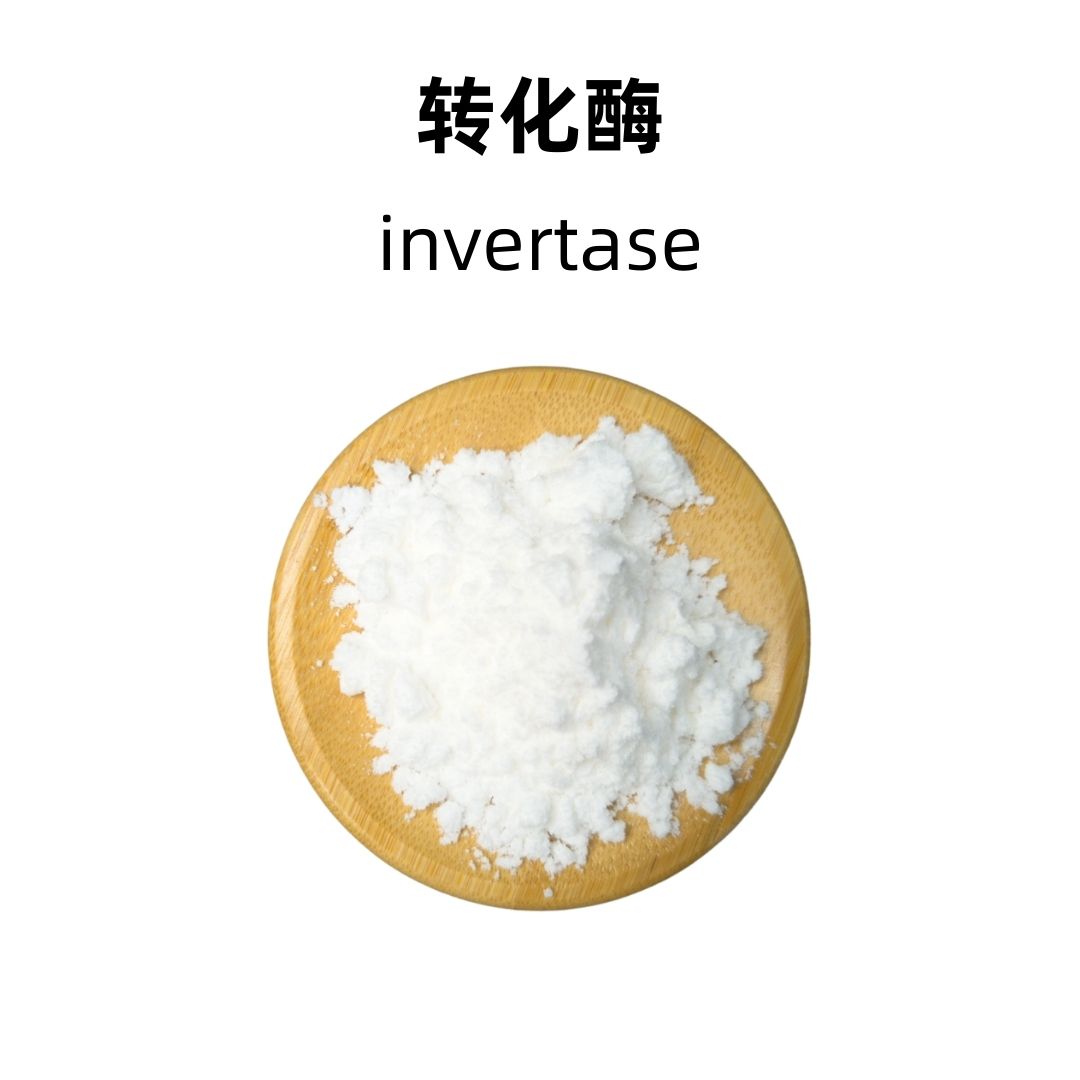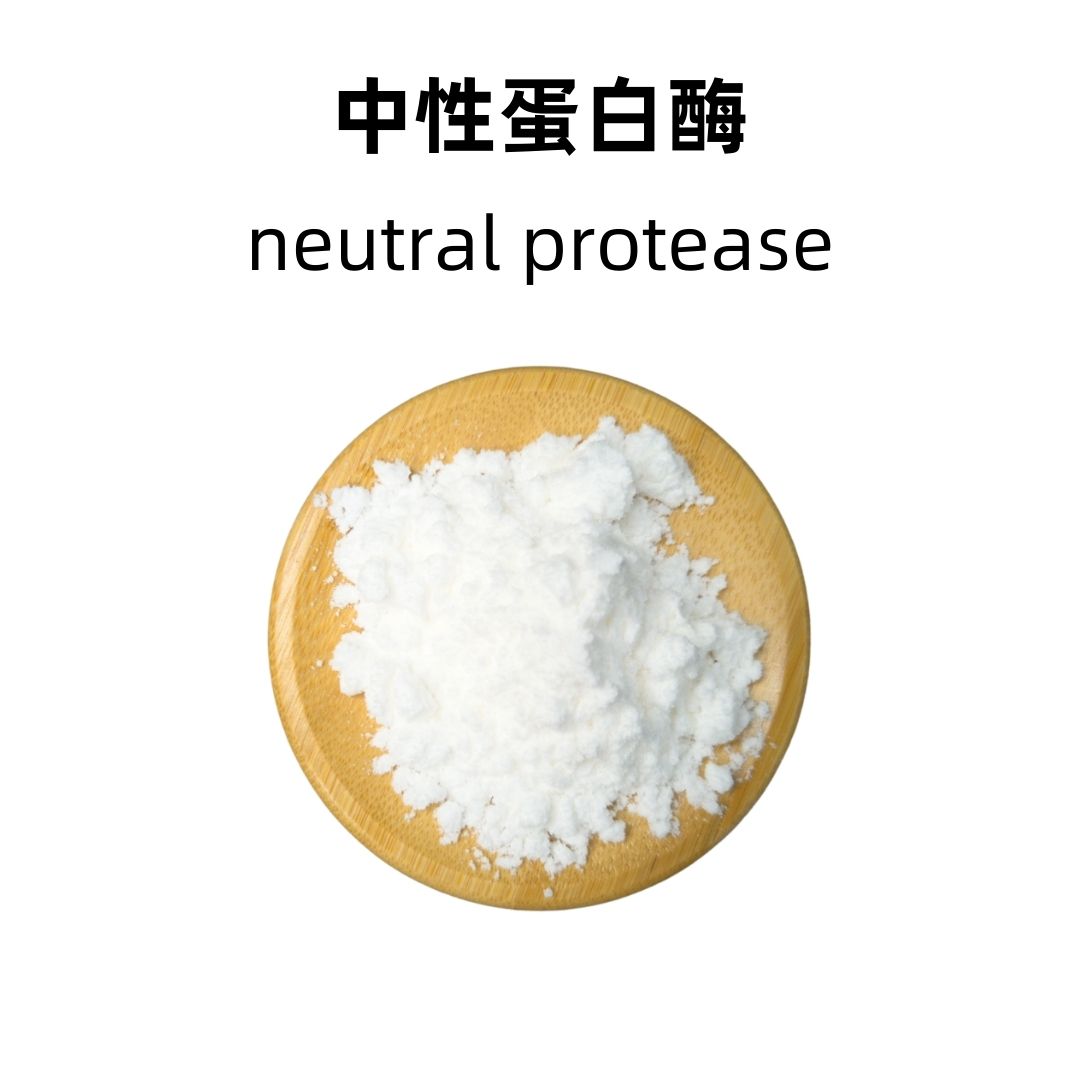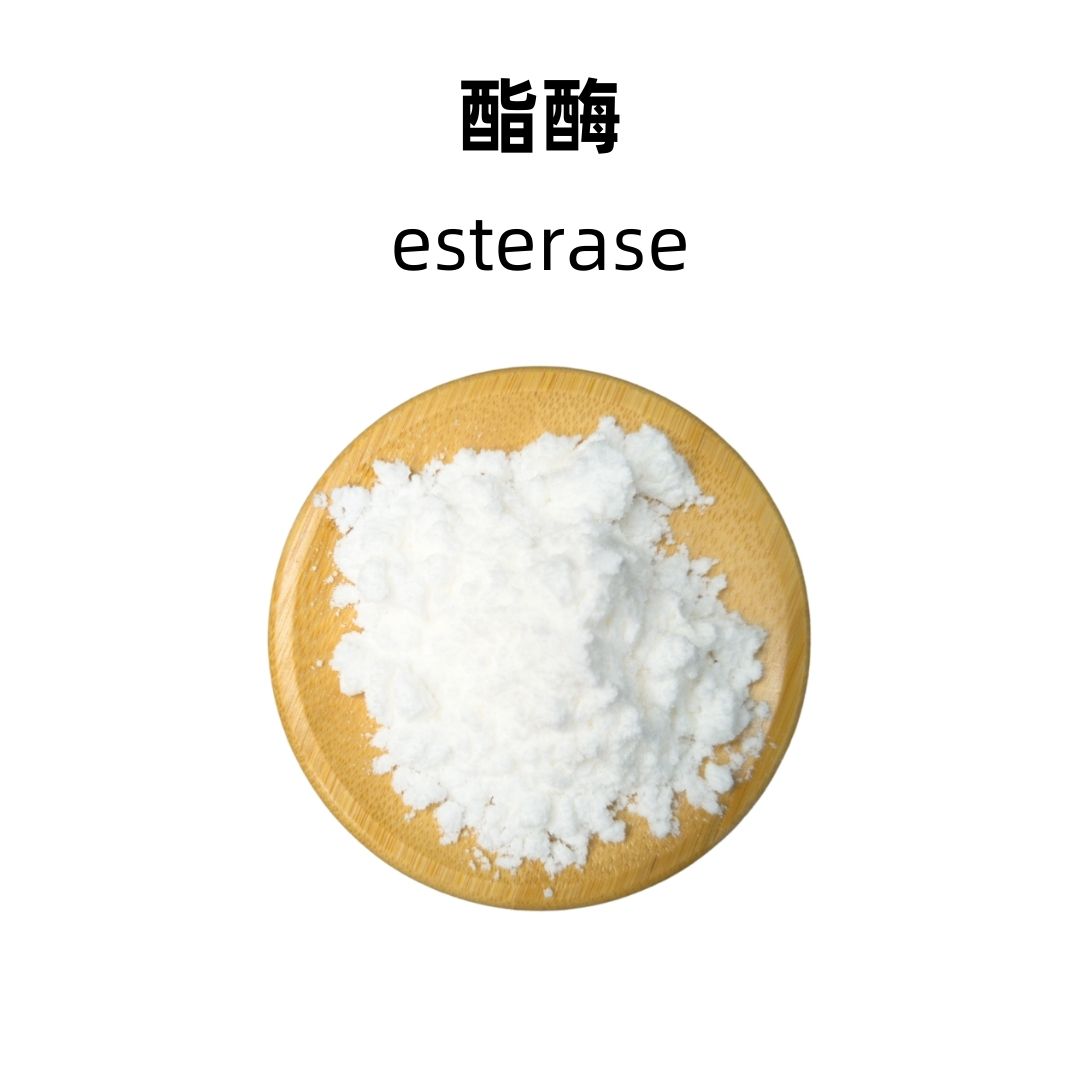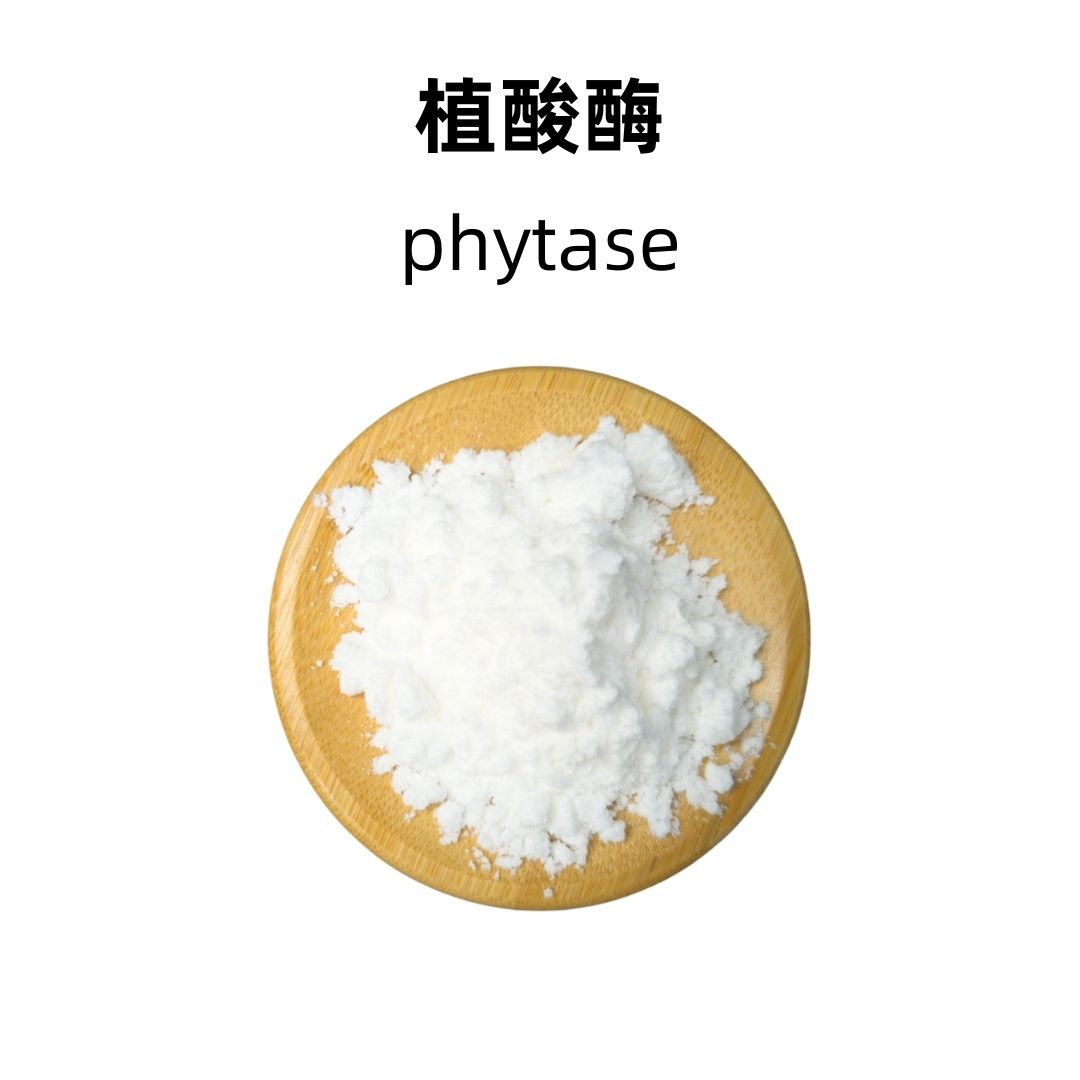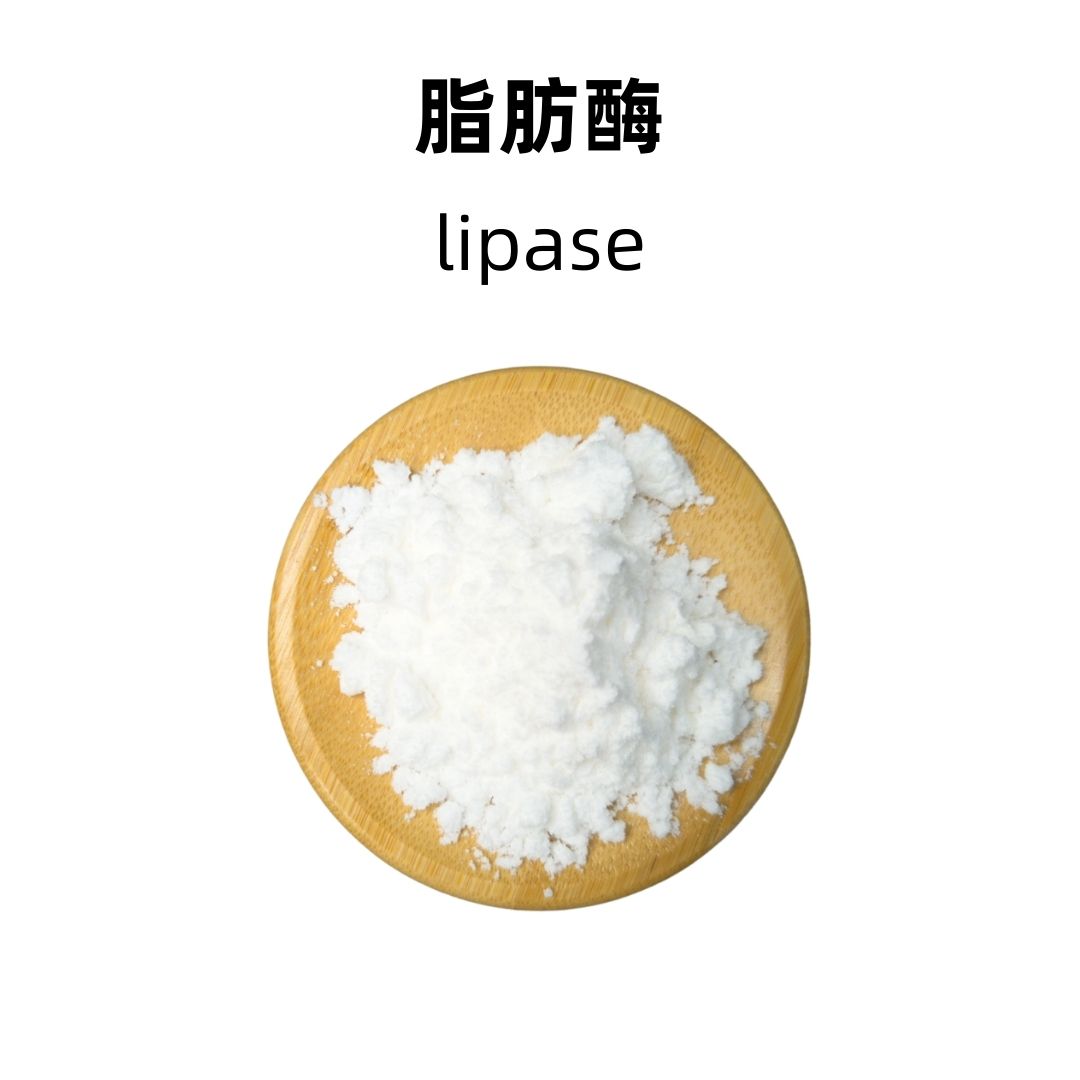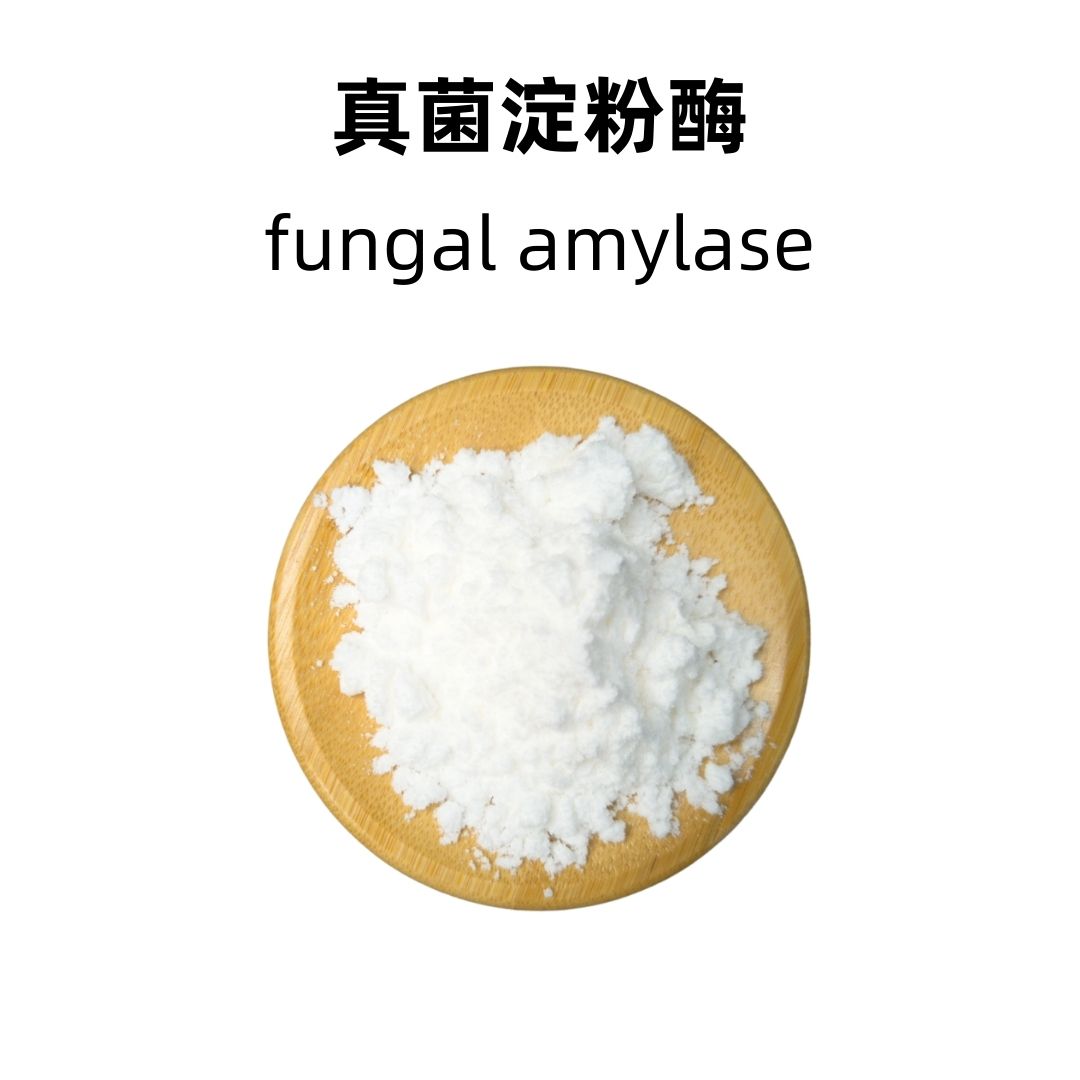Product Introduction
Nuclease is an essential enzyme in molecular biology, known for its ability to cleave nucleic acids into smaller fragments. This enzyme plays a crucial role in various applications, including DNA cloning, analysis, and manipulation.
Production Process
The manufacture of nuclease involves fermentation and purification processes. Specific strains of bacteria or fungi are cultured to produce the enzyme, followed by multiple purification steps to ensure high activity and purity. The final product is checked for quality through HPLC to guarantee its effectiveness.
Effects and Functions
Nuclease functions by breaking down DNA and RNA into smaller nucleotides or oligonucleotides. This process is crucial in many laboratory applications, such as removing genomic DNA from RNA samples or preparing DNA fragments for cloning. The enzyme’s ability to specifically target nucleic acids prevents contamination in genetic studies.
Application Scenarios
Nuclease is utilized in various settings, including research laboratories, biotechnology companies, and academic institutions. It is commonly used in protocols for PCR, sequencing, and the preparation of samples for gene expression analysis. The enzyme is also beneficial in the development of recombinant DNA technology, making it indispensable in genetic engineering.
Packaging and Storage
Storage Conditions: The product should be sealed, protected from light, kept away from high temperatures, and stored in a dry, cool, and well-ventilated place.
Packaging: Bulk packaging typically consists of 25 kg per fiber drum. Sample sizes come in 1 kg per aluminum foil bag. Custom packaging is available upon request.
Shipping Methods: Options include FedEx, DHL, dedicated logistics, and sea freight consolidation.
Shelf Life: Two years if stored under specified conditions.
Monica Sun possesses extensive technical expertise and market insights in the food additives industry. She excels in designing efficient and safe additive formulations tailored to various food applications, ranging from sweeteners to functional dietary fibers. Monica has successfully assisted food manufacturers in optimizing ingredient combinations to enhance product quality and improve consumer satisfaction.









